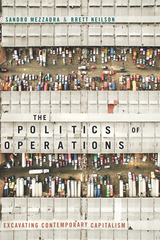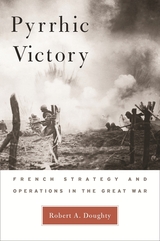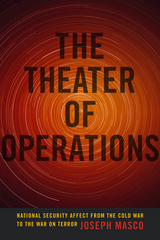
The most comprehensive history of Canadian military intelligence and its influence on key military operations
Canadian intelligence has become increasingly central to the operations of the Canadian Armed Forces (CAF). Canadian Military Intelligence: Operations and Evolution from the October Crisis to the War in Afghanistan is the first comprehensive history that examines the impact of tactical, operational, and strategic intelligence on the Canadian military.
Drawing upon a wide range of original documents and interviews with participants in specific operations, author David A. Charters provides an inside perspective on the development of military intelligence since the Second World War. He shows how intelligence influenced key military operations, from domestic internal security to peacekeeping efforts to high-intensity air campaigns—including the October Crisis of 1970, the Oka Crisis, the Gulf War, peacekeeping and enforcement operations in the Balkans, and the war in Afghanistan. He describes how decades of experience, innovation, and increasingly close cooperation with its Five Eyes and NATO allies allowed Canada’s military intelligence to punch above its weight. Its tactical effectiveness and ability to overcome challenges reshaped the outlook of military commanders, and intelligence emerged from the margins to become a central feature of military and defense operations.
Canadian Military Intelligence offers lessons from the past and critical implications for future intelligence support with the creation of the Canadian Forces Intelligence Command. This book will be essential to both intelligence history and military history readers and collections.


The present volume, The Operations of the Navy in the Dutch East Indies and the Bay of Bengal, volume 26 of the series, describes the Japanese Navy’s role in the campaign to gain control over the Indonesian archipelago—at that time the largest transoceanic landing operation in the military history of the world. It includes, among others, the first complete Japanese analysis of the Battle of the Java Sea, a much-debated battle that ended disastrously for the Allies and opened the way to Java for the Japanese.


As the driving force behind the Allied effort in World War I, France willingly shouldered the heaviest burden. In this masterful book, Robert Doughty explains how and why France assumed this role and offers new insights into French strategy and operational methods.
French leaders, favoring a multi-front strategy, believed the Allies could maintain pressure on several fronts around the periphery of the German, Austrian, and Ottoman empires and eventually break the enemy's defenses. But France did not have sufficient resources to push the Germans back from the Western Front and attack elsewhere. The offensives they launched proved costly, and their tactical and operational methods ranged from remarkably effective to disastrously ineffective.
Using extensive archival research, Doughty explains why France pursued a multi-front strategy and why it launched numerous operations as part of that strategy. He also casts new light on France's efforts to develop successful weapons and methods and the attempts to use them in operations.
An unparalleled work in French or English literature on the war, Pyrrhic Victory is destined to become the standard account of the French army in the Great War.

READERS
Browse our collection.
PUBLISHERS
See BiblioVault's publisher services.
STUDENT SERVICES
Files for college accessibility offices.
UChicago Accessibility Resources
home | accessibility | search | about | contact us
BiblioVault ® 2001 - 2024
The University of Chicago Press









